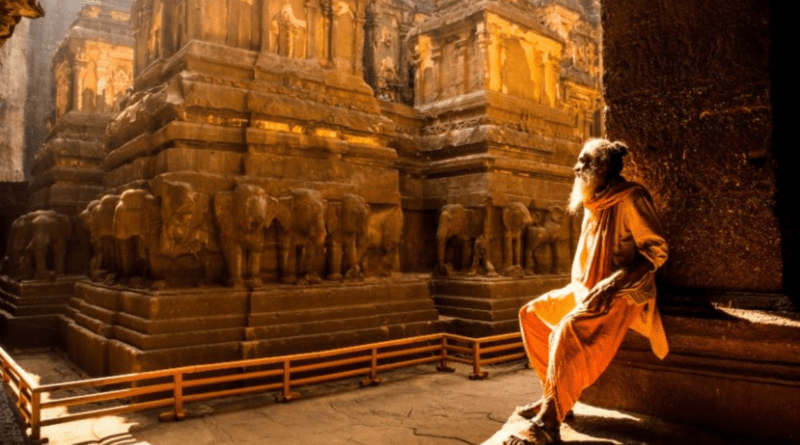Know About The Tantalizing India’s Civilizational Imagination
Academic research on the definition of a civilization need not coincide with statist conceptions and applications of civilization as a category. Rather, statist conceptions of civilizations are highly political, created, and contingent.
The imaginations of civilizations are subject to change and evolution across time, reliant on the creators. For example, the Indian state has thus far wavered between a Hindutva and a Nehruvian conception of Indian civilization (Chatterjee & Das, 2023).
Although both of these visions concur that India’s vast civilization deserves a position in the global system, they have distinct ideas about what exactly makes up Indian culture.
They are called imaginations precisely because of the way they are built. There isn’t a single, reliable history of a pure civilization.
As a result, a civilization’s past is selectively reshaped and made popular in order to meet the demands of the present. The use of civilization by statists is inevitably political. Political elites curate and project it.
It supports a political viewpoint. Political calculations force civilizational schemes to be developed at specific times, sometimes deliberately exaggerated and sometimes deliberately subdued.
Think of a counterargument: regardless of a civilization’s prominence, all states would have brought forward civilizational reasons if all civilizational arguments were based on a useful history. Every state is a historical construct, a holdover from a time when it was either integral to or connected to a civilization.
But only a few states bring up considerations related to culture.
What causes a state to deliberately transform historical events into symbols of civilization is an open subject. It is contingent upon the intended audience and the current situation.
The political will, competence, and apparatus that instill a civilizational imagination in the public consciousness and influence policymaking serve as a supplement to this.
A state’s civilizational arguments are presented on two fronts: the people, both local and foreign, and the state’s actors. The foundations of civilization may evoke an identity for the domestic audience, allowing them to relate to the state and community.
This can be implemented through a variety of strategies, such as political campaigns and pedagogy. They are helpful in fostering a historical sense of national identity.
Since they use terminology, analogies, and folklore that the general public is familiar with, they are simple to explain to large audiences. Any mobilisation endeavour, though, carries the danger of involving some people and leaving out others. Although a civilization’s borders are less rigid than those of a nation-state, metaphors about civilizations use the same insider-outsider archetypes to represent the civilised and the barbaric.
If the barbarians of the past are present in the realm of the present, civilizational projects may be destructive. Arguments about civilizationalism can be framed in terms of soft power to manipulate appeals for a global audience.
It is possible to accomplish this through public diplomacy techniques. Another group of stakeholders in the international system are the other state actors. Arguments based on civilizations can be used to promote hierarchy, respect, or unity among governments.
This is dependent upon a state’s communication of the civilizational arguments and how those arguments are interpreted by the other states involved.
Consider the goal of status and prestige that the Indian state aspires to by projecting an image of a law-abiding, responsible power by drawing on its rich civilizational past. However, since the rise of the Hindu Right, India’s claims to civilization have also stoked anxieties about cultural hegemony and hierarchy in South Asia through the manifestation of Akhand Bharat.
India does not base its Southeast Asian policy on civilizational myths. They have also been recurrent topics in policymaking, but not the main ones.
Stated differently, its policies are designed to protect strategic and economic interests rather than the reputation of civilization. The foundations of civilization are helpful in forging a bond.
However, when interests align, such relationships start to bear fruit. Conversely, when interests diverge, these relationships may still be burdened by the past.




